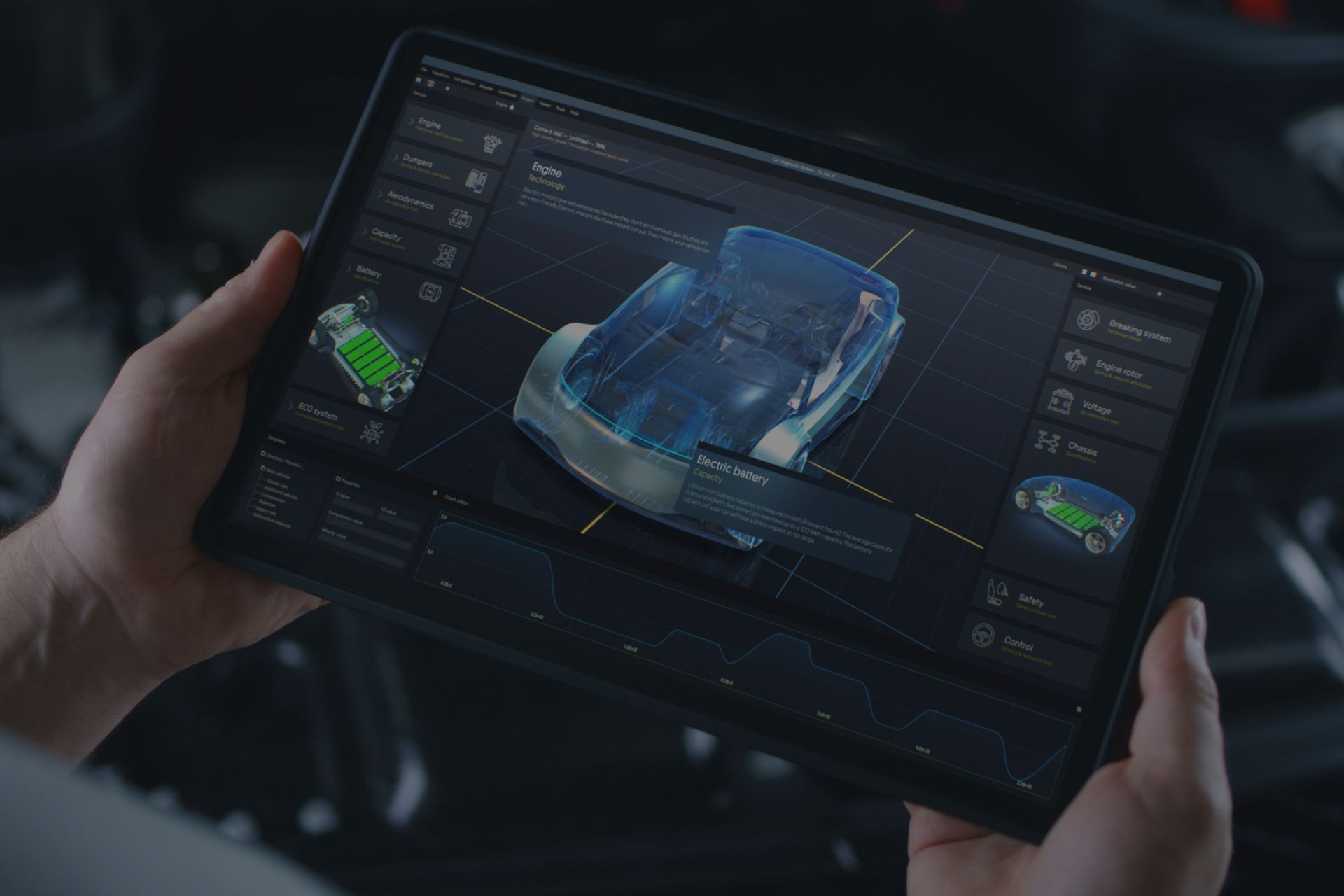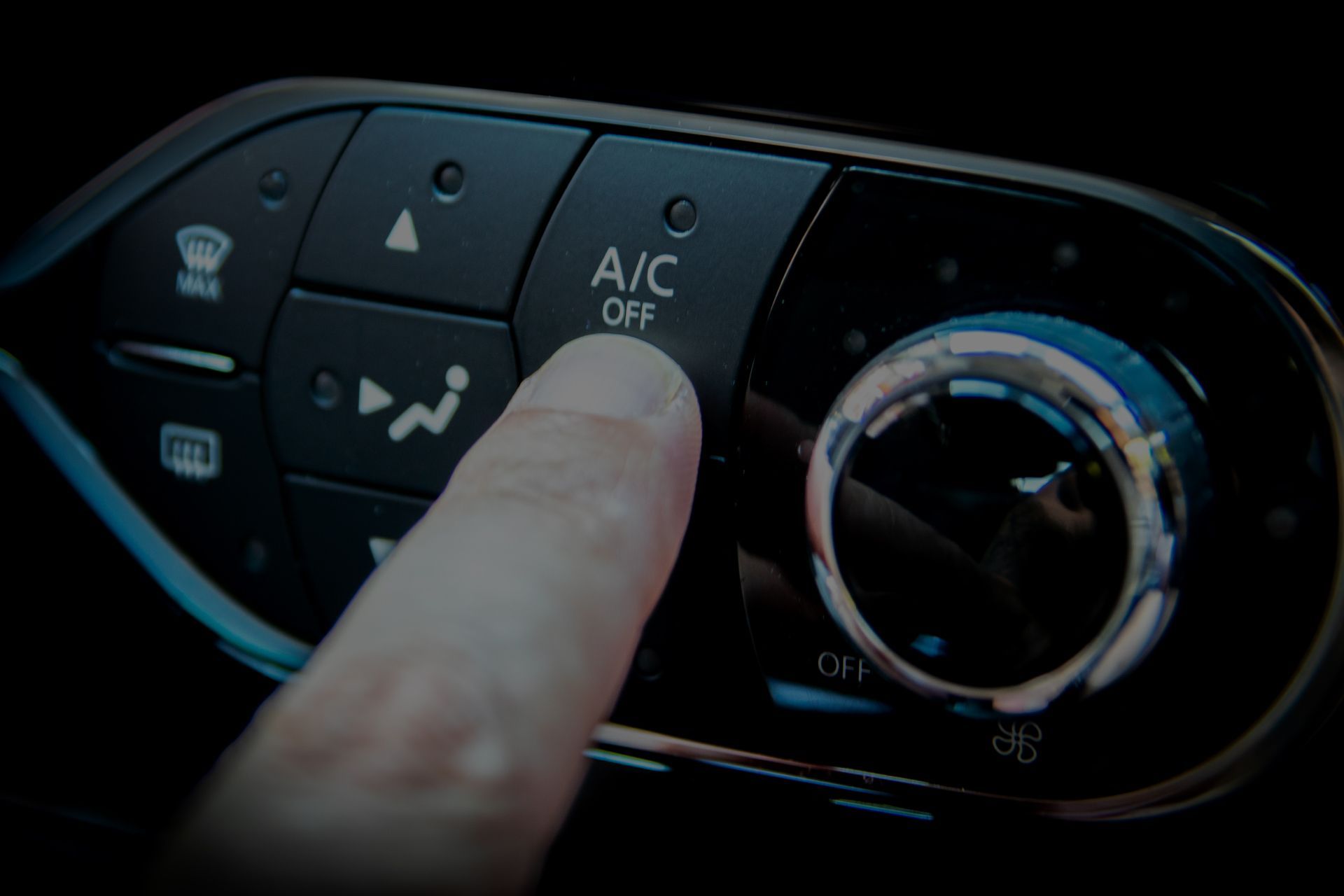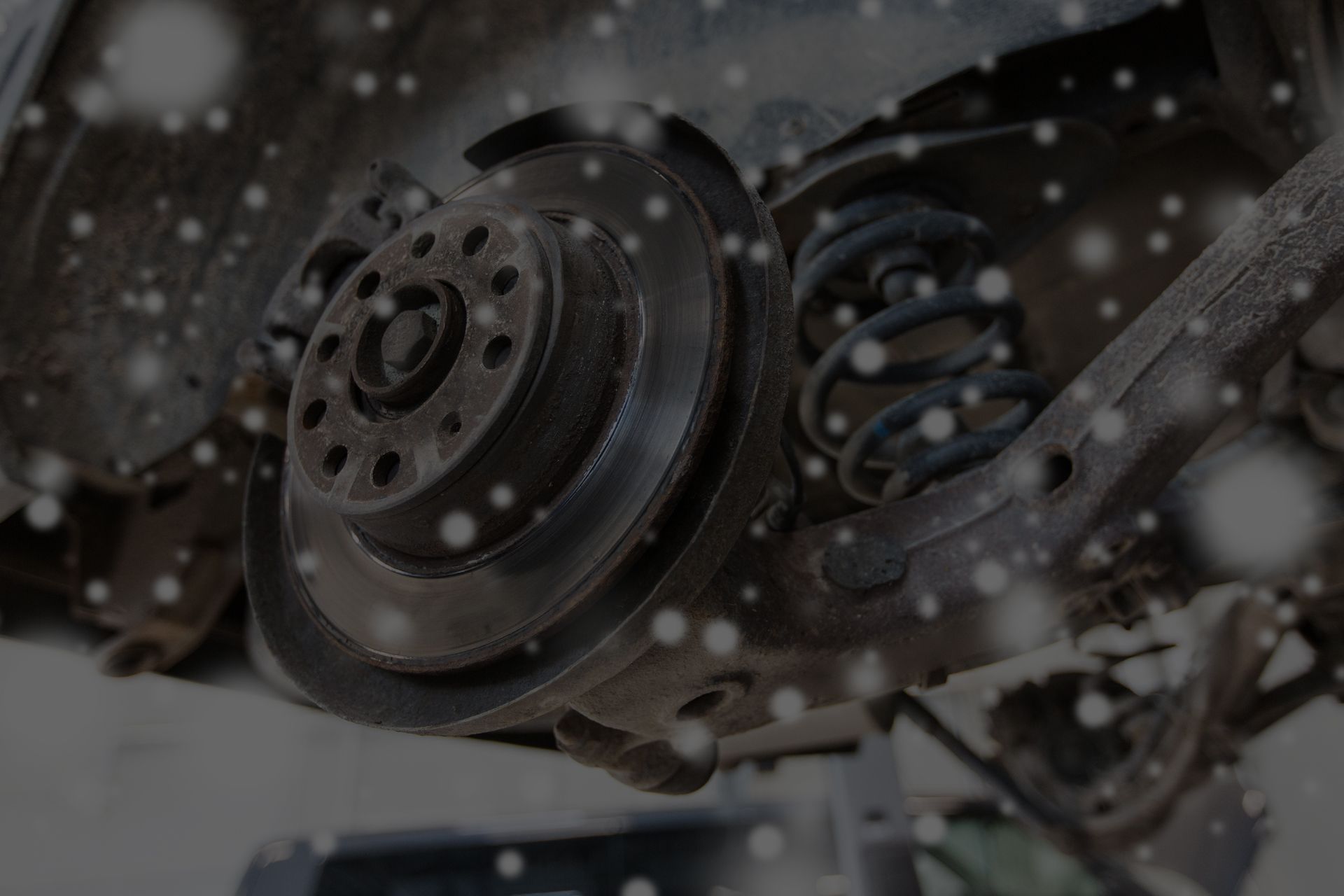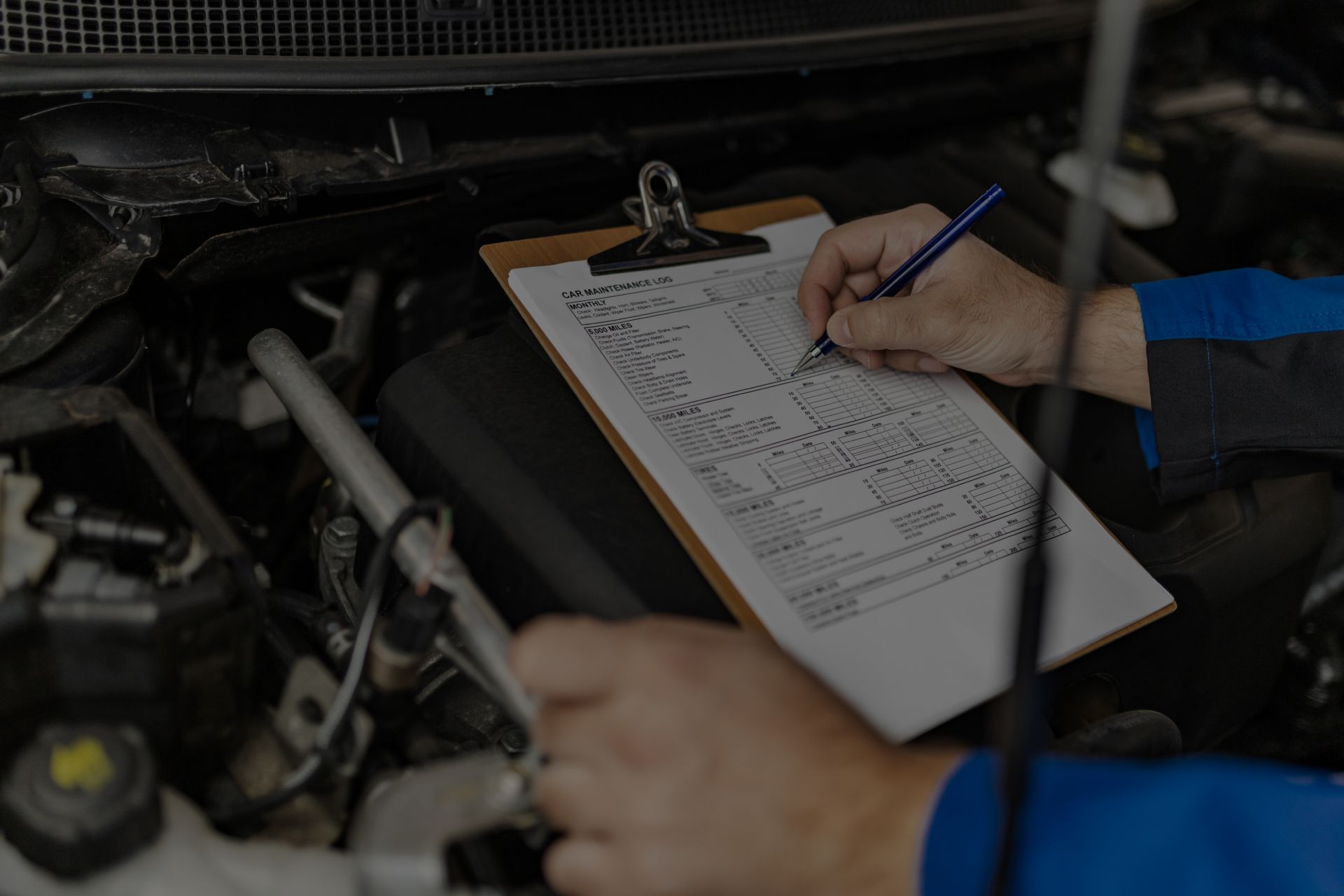Fall mornings in Denver can be brutal on car batteries. One day you're parking at Washington Park in 75-degree weather, and the next week you're dealing with frost on your windshield and a car that barely turns over. Colorado's rapid temperature drops catch many drivers off guard, leaving them stranded in parking lots from the Denver Tech Center to Cherry Creek Mall.
Your car battery loses significant power when temperatures drop, and Denver's fall weather can plunge from comfortable to freezing without much warning. Smart drivers get ahead of battery problems before they become roadside emergencies on busy routes like I-25 or the 6th Avenue freeway.
Why Colorado Fall Weather Is So Hard on Batteries
Car batteries lose about 20% of their power when temperatures drop to 32 degrees, and Denver can hit freezing temperatures as early as late September. But the real problem isn't just the cold – it's the combination of factors that make Colorado uniquely challenging for car batteries.
Our high altitude means your engine works harder to start, putting extra demands on your battery. Add in the dramatic temperature swings that can see morning temperatures in the 20s and afternoon highs in the 60s, and your battery is constantly expanding and contracting as temperatures change.
Summer heat damage makes batteries more vulnerable to fall failures. If your battery struggled during those hot July afternoons at Coors Field or while sitting in the parking garage at Denver International Airport, it's probably weakened and ready to fail when cold weather hits.
Recognize These Warning Signs Early
Your battery usually gives you warning signs before it fails completely. Pay attention to how your car starts, especially during cooler mornings. If your engine cranks slower than normal or takes longer to turn over, your battery might be losing its ability to hold a charge.
Dashboard warning lights can indicate battery or charging system problems. Don't ignore the battery light or check engine light, especially if they come on intermittently during cold starts.
Notice if your headlights seem dimmer than usual or if interior lights appear weak when you first get in your car. These electrical symptoms often appear before starting problems become obvious.
Test Your Battery Before You Need It
Many auto parts stores around Denver offer free battery testing, but you can do some basic checks yourself. Start by looking at your battery terminals for white, powdery corrosion. This buildup interferes with electrical connections and can prevent your car from starting even if your battery is fine.
Clean corroded terminals using baking soda and water, followed by a wire brush. Make sure connections are tight – loose battery cables can cause starting problems that mimic a dead battery.
Check your battery case for cracks, bulges, or leaks. Colorado's temperature extremes can cause battery cases to crack, leading to acid leaks and internal damage. A damaged battery case usually means it's time for replacement.
Age Matters in Colorado's Climate
Most car batteries last 3-5 years under normal conditions, but Colorado's challenging climate often shortens battery life. If your battery is more than three years old and you're noticing any warning signs, don't risk it through fall and winter.
Check the date code on your battery to determine its age. This information is usually stamped on the battery case and shows when the battery was manufactured. A battery that's approaching its fourth year in Colorado's climate is living on borrowed time.
Cold Weather Cranking Power
Your battery's cold cranking amps (CCA) rating determines how well it will start your car in cold weather. Denver's elevation and cold snaps require good cold weather performance. If you're driving an older vehicle or one with a smaller battery, you might need a higher CCA rating than the original equipment.
Many drivers discover their battery's limitations when temperatures drop suddenly. That battery that worked fine all summer might struggle to start your car when you're trying to get to work on a frosty October morning.
Don't Forget the Charging System
Your battery is only as good as the system that charges it. If your alternator isn't working properly, even a new battery will fail quickly. Signs of charging system problems include batteries that die repeatedly, dashboard lights that dim when you idle, or warning lights that come on while driving.
Have your charging system tested along with your battery, especially if you've had to jump-start your car recently or if you've noticed electrical problems while driving around Denver.
Plan for Emergency Situations
Even with proper maintenance, batteries can fail unexpectedly. Keep jumper cables in your car, and know how to use them safely. Better yet, consider a portable jump starter that doesn't require another vehicle – particularly useful if you're stranded in a remote area like the parking lot at Red Rocks or a trailhead in the foothills.
Make sure your roadside assistance information is easily accessible in your phone. Whether it's AAA, your insurance company, or your car manufacturer's program, having help just a phone call away can turn a major problem into a minor inconvenience.
Battery Replacement Timing
Don't wait until your battery fails completely to replace it. Fall is actually an ideal time for battery replacement because you can handle it on your schedule rather than as an emergency. Battery prices don't fluctuate much seasonally, but your time and stress levels certainly benefit from planned replacement.
If you're planning fall road trips to places like Estes Park or Colorado Springs, make sure your battery is reliable before you go. Getting stranded on Highway 36 or I-25 is inconvenient – getting stranded on a mountain pass can be dangerous.
Professional Testing Is Worth It
While you can check obvious problems yourself, professional battery testing provides more detailed information about your battery's condition. Modern battery testers can predict failure before it happens and test your charging system at the same time.
A complete electrical system check can identify problems you might miss, potentially saving you from multiple roadside emergencies throughout fall and winter.
Keep Your Battery Healthy This Fall
Don't let a dead battery ruin your fall plans or leave you stranded during Denver's unpredictable weather changes. Whether you're commuting to Boulder, heading up to the mountains for fall colors, or just running errands around town, reliable starting power is essential.
At ImportSports Performance, we've been helping Denver drivers avoid battery problems since 1997. Our ASE Certified technicians use professional battery testing equipment to accurately assess your battery's condition and charging system performance.
Worried about your battery making it through fall? Call ImportSports Performance at (303) 752-2422
for a comprehensive battery and charging system test. We'll check your battery's capacity, test your alternator, inspect your cables and connections, and make sure you're ready for Colorado's challenging fall weather. Don't wait until you're stranded – schedule your battery check today.






